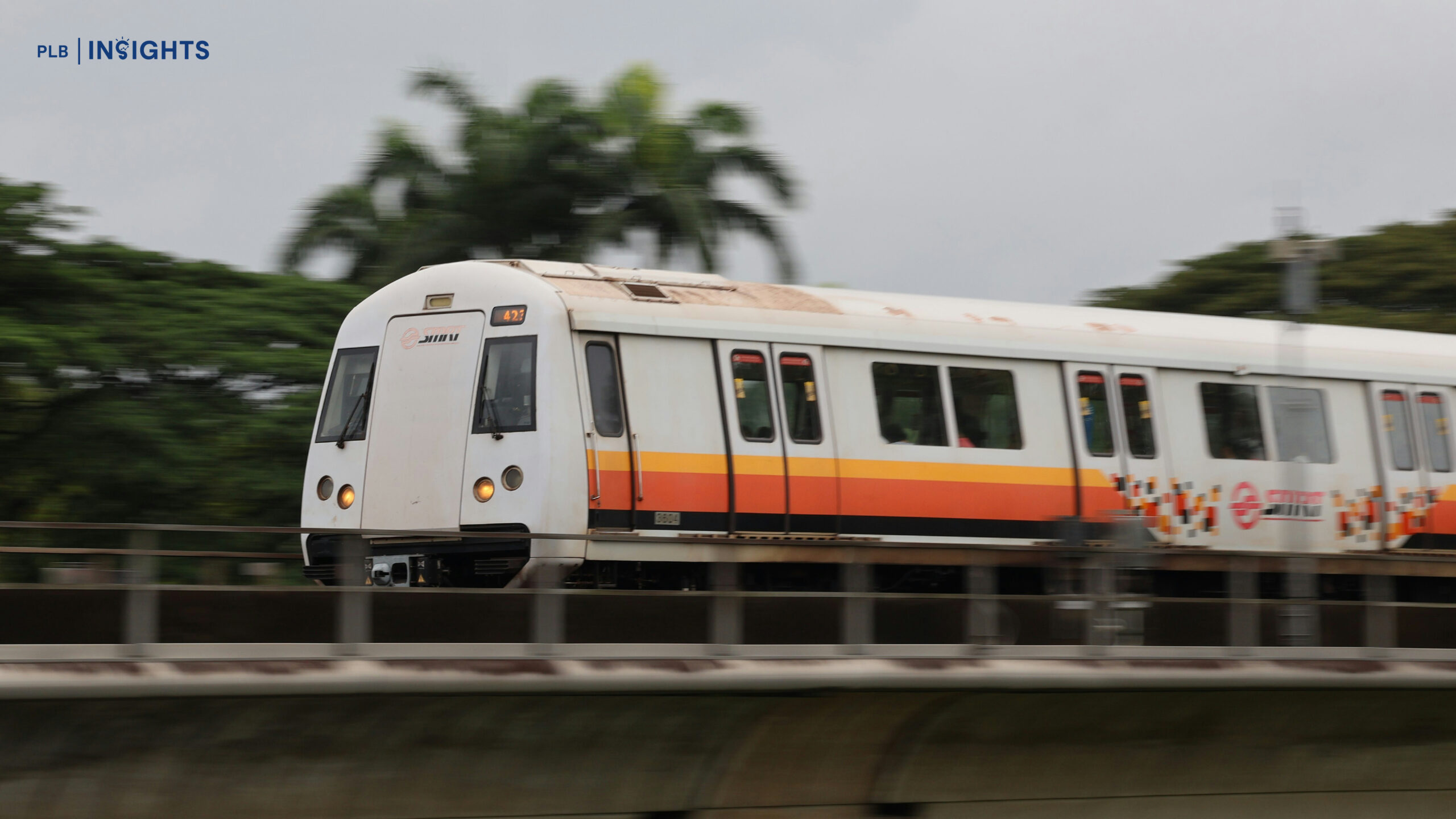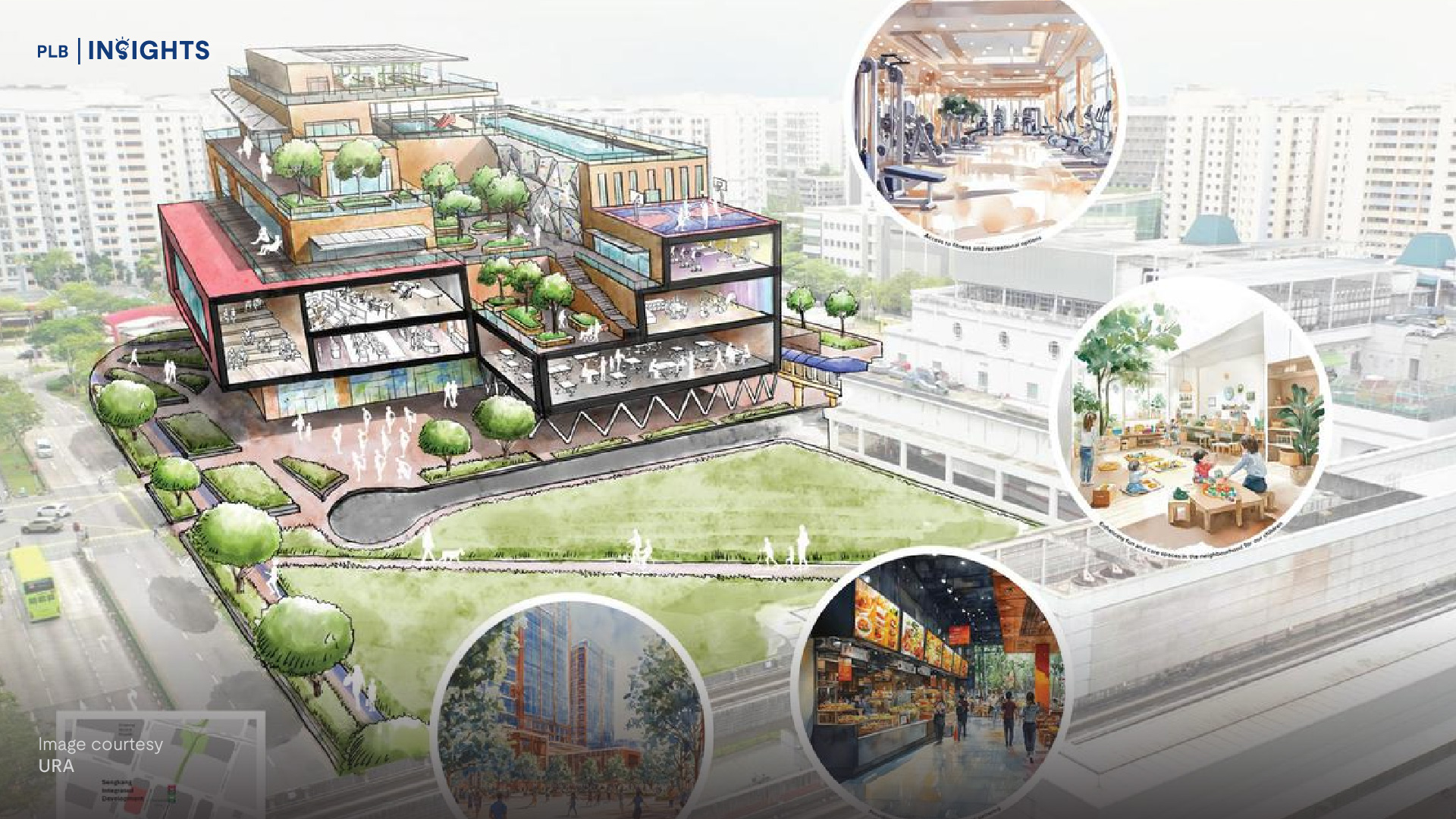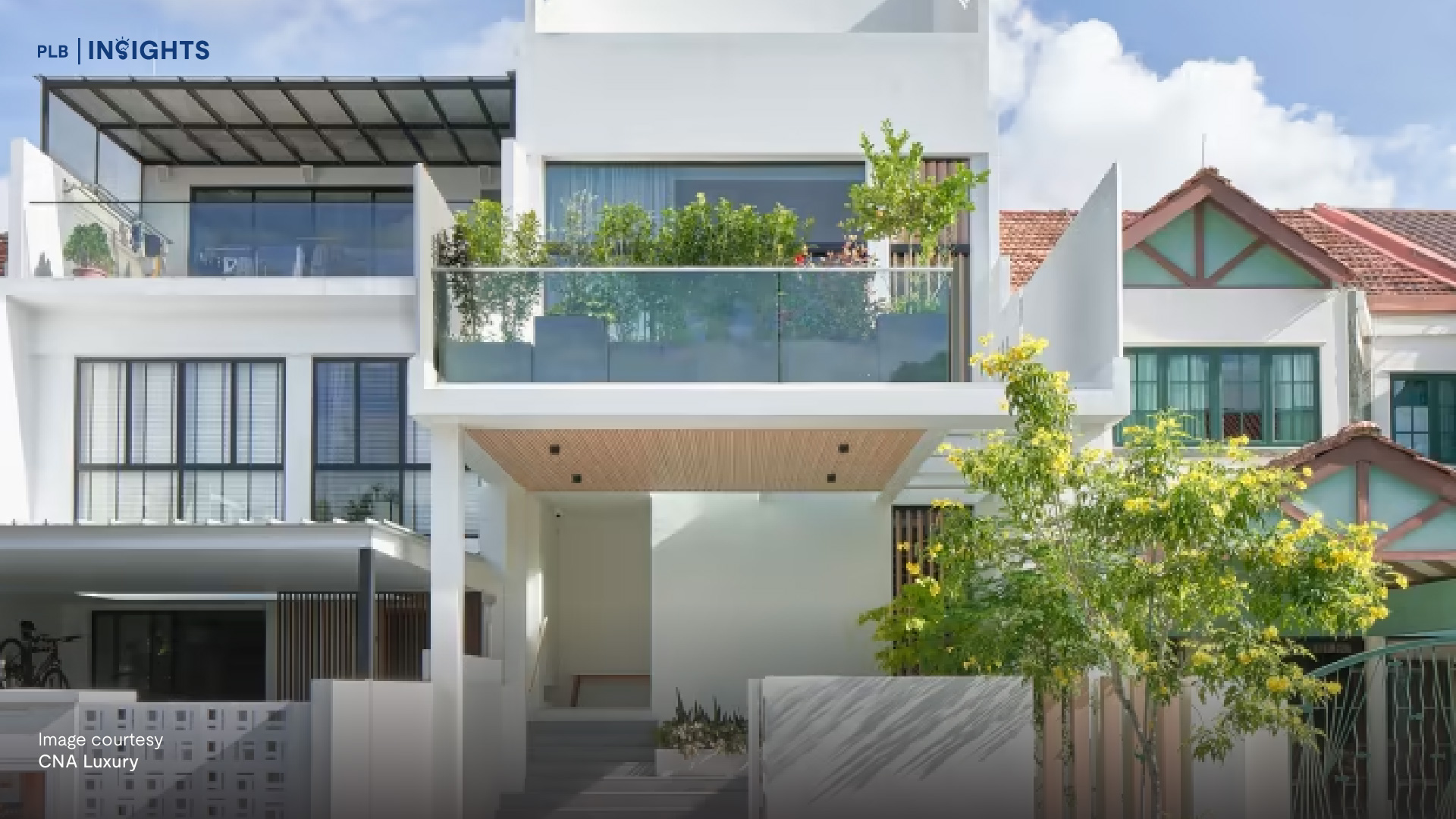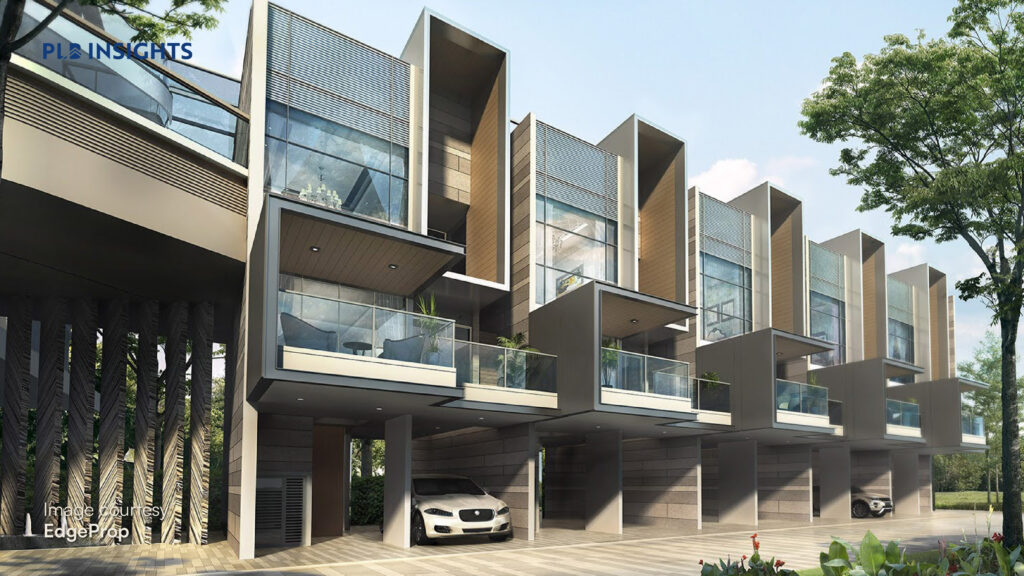
As the property market in Singapore continues to thrive, investors are constantly on the lookout for opportunities to diversify their portfolios and pursue wealth-building strategies.
Strata-titled private properties, such as condominiums or apartment developments, and strata-titled landed properties such as townhouses and cluster houses offer a range of benefits that draw the attention of buyers and investors. However, as is the case with any investment opportunity, the advantages also come with drawbacks that warrant careful assessment.
In this article, we will explore the pros and cons of investing in strata-titled private properties in Singapore, equipping prospective buyers with the knowledge needed to make informed decisions and maximise their investment potential. Additionally, we will go over key points that help you decide whether or not this property type is the ideal option for you.
Owning a Strata-Titled Property in Singapore
Strata-titled private properties, such as apartments and condominiums, are some of the most prevalent property types in Singapore. In a strata-titled property, the ownership is divided into individual units, accompanied by shared ownership in communal areas within the development.
Buyers acquire the ownership of a specific unit type, with choices ranging from studio apartments to 2,3 and 4-bedroom condos depending on their personal needs and preferences. This ownership refers to the owning of the strata space occupied by the unit itself, and not the land that it is built on. Along with this, owners have joint ownership of the facilities and common areas such as swimming pools, gyms, BBQ pits, function rooms and gardens within the development. That also means that they have to pay a monthly or quarterly fee for the maintenance and upkeep of the facilities and common areas.
Similarly, for strata-titled landed properties, which include townhouses and cluster houses, residents get the unique mix of living in a landed house while having access to amenities and services that are associated with living in condominiums. Like with strata-titled private properties, cluster houses and townhouses within a development are subject to the management and its regulations.
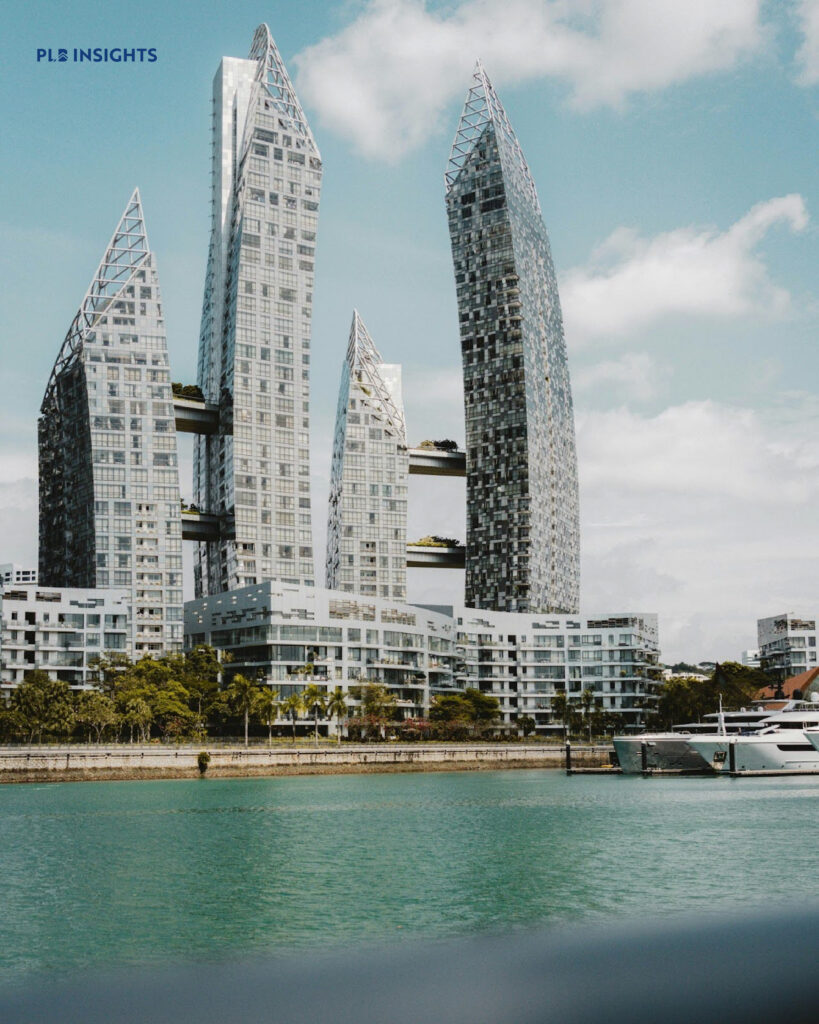
Advantages
Living in strata-titled private and landed properties offers residents several benefits ranging from security and maintenance to these property types being a good option for a rental income.
Security
Strata-titled developments typically have several security measures in place to ensure the safety of residents. This includes CCTV surveillance cameras, 24-hour security guards at the entrance, and access control systems like key cards that residents can use to enter elevators and common areas along with their homes. These measures give residents a sense of security and safety, making it a good choice for homeowners and tenants.

Facilities and Amenities
Strata-titled properties typically come with a wide range of facilities and amenities available for residents to use. These encompass a diverse selection, ranging from gyms, landscaped gardens, swimming pools, and saunas, to vibrant playgrounds, BBQ pits, and ample parking spaces. These amenities not only enhance the overall quality of life for residents but can also potentially boost the property’s value, contingent upon the type and quality of amenities available.
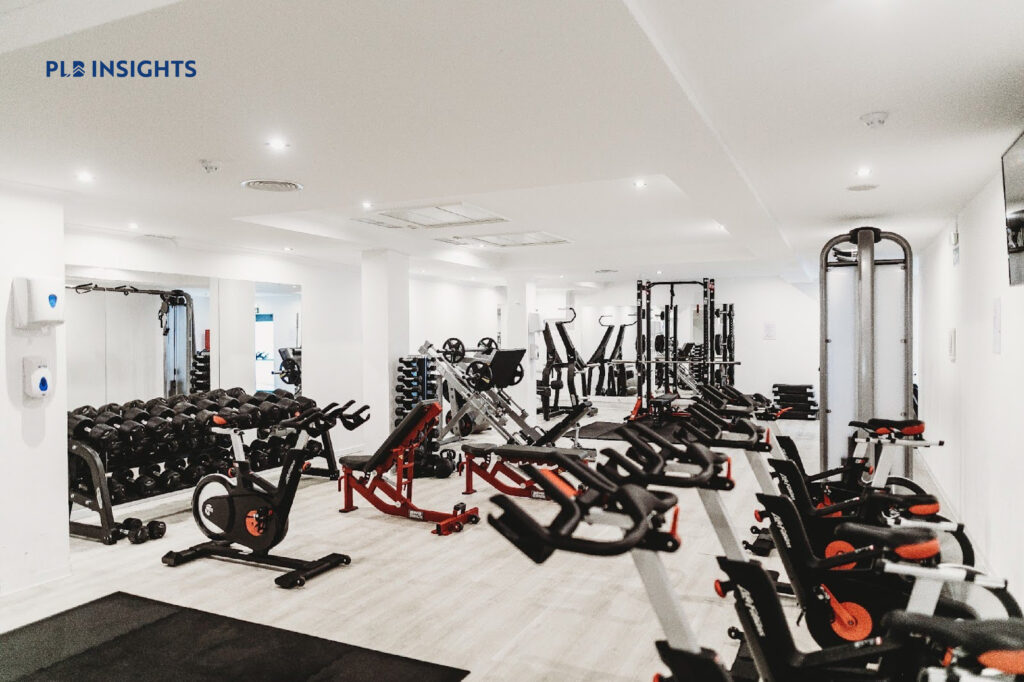
Maintenance and Management
Another advantage of a strata-titled property is that the management of common areas within these developments is taken care of by a committee. This ensures that all of the common areas, facilities and amenities are well-maintained throughout the year.
In comparison to a landed property where homeowners have to be fully responsible for the maintenance of any additional amenities, the management of strata-titled properties relieves residents of the responsibility and burden of taking care of these areas individually.
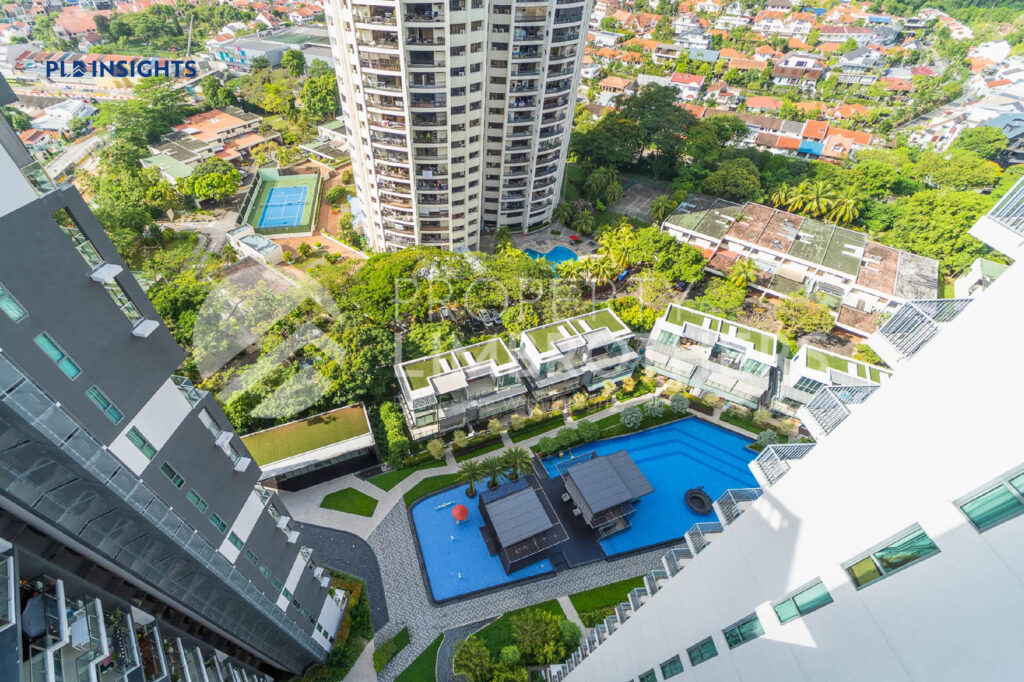
Income Source
Strata-titled properties can also be a good income source for investors in Singapore’s robust rental market. The desirable amenities, security measures, and factors such as the convenient locations of these properties can often attract tenants. This can enable homeowners and investors to generate rental returns and, in some cases, offset the monthly mortgage of their property.
Disadvantages
High Maintenance Fees
While residents of strata-titled properties benefit from having a range of amenities and facilities within the development, this does come with maintenance fees. Additionally, the maintenance fees cover the cost of maintenance, repairs and management services. These fees, depending on the type of amenities offered, can be high.
Lack of Control
Another factor that can be a disadvantage for buyers of strata-titled properties is the lack of or limited control over certain decisions that are made within the development. Individual owners cannot make decisions without a collective agreement when it comes to these spaces.
Moreover, decisions regarding the management and maintenance of the common areas are typically made by the project’s Management Corporation Strata Title (MCST), a legal entity that is responsible for managing the shared areas of the development.
No Land Ownership & Leasehold Tenure
One more potential downside of this property type is the lack of land ownership. As a strata-titled property owner, you will have complete ownership of an individual unit, along with part ownership of the common areas. However, unlike with landed homes, homeowners do not have ownership of the land the development is built on. As such, the ability to make decisions about the land depends on the developers or any appointed authority.
Many strata-titled properties in Singapore are leasehold in nature, many of which have a 99-year tenure. The limited lease duration can impact the property’s value and its potential resale value in the future, as the Bala’s Curve dictates that a leasehold property will lose its value over time until it reaches zero when the lease runs out. This is a factor buyers and investors must keep in mind when looking at strata-titled properties for long-term investments.
Closing Thoughts: Is Strata Living The Right Choice For You?
Strata living comes with its own set of pros and cons, and may or may not be the ideal choice for everyone. Factors such as your lifestyle, preferences and long-term goals play a significant role in deciding whether strata-titled properties are a sound investment option for you.
As we discussed previously, the level of involvement and control homeowners have in condo and apartment developments is not the highest as there is a lot of collective decision-making involved. For individuals who value autonomy in every aspect of the decision-making process related to the management and maintenance of all areas of their property, strata properties may not be ideal.
On the other hand, individuals who prioritise the convenience that comes with amenities and a sense of community might find strata-titled properties to be a good choice. Strata-titled properties offer residents a range of amenities and attractive facilities such as pools, gyms and gardens that would otherwise be expensive to maintain on a landed property.
Ultimately, the decision to opt for investing in strata-titled properties depends on an individual’s lifestyle, preferences, needs and financial standing. It is essential to weigh the pros and cons, taking into consideration factors such as privacy, decision-making, the availability of desired amenities and facilities, and investment plans.
Investing in a new property is a big step in your property journey. If you are looking to diversify your property portfolio and want guidance or have any questions regarding strata-titled properties in Singapore, feel free to reach out to us here.
Until next time, see you!

